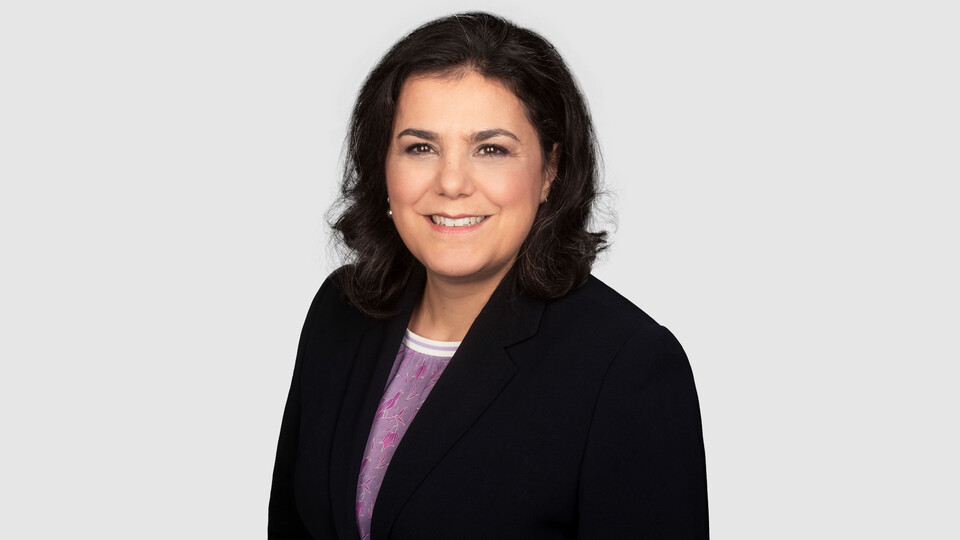Why Financial Literacy Matters

While Germany performs slightly above average in OECD surveys, self-assessments tell another story: only 30% of respondents rate their financial knowledge as high. One in five Germans aged 14 to 29 already has debt, showing that young people in particular struggle with this issue. However, the issue extends across all age groups and social backgrounds.
Those who have, receive more
According to Prof. Aprea financial literacy often depends heavily on the parental home. Therefore, schools play a vital role in financial education because they can reach everyone. Moreover, integrating financial literacy into the curriculum can help ensure Chancengerechtigkeit – equal opportunity for all students, regardless of their background.
A lifelong learning task
However, learning about money should not stop at school. From taking out a loan and saving to planning retirement, financial decisions occur throughout life. Yet, many existing programs are short-lived or of poor quality. “There are many offers, but few that truly build lasting decision-making skills,” notes Prof. Aprea. “Good financial education must therefore meet some minimum standards, such as independence, content accuracy, relevance to everyday life, and scientific evaluation.”
Shaping the future of financial education
The conclusion of Prof. Aprea is clear: financial education is not just a nice-to-have, it is a necessity for economic participation. Her research at the Mannheim Institute for Financial Education (MIFE), a joint initiative of the University of Mannheim and the Leibniz Centre for European Economic Research (ZEW), continues to inform how effective financial education can improve the ability to make sound financial decisions, reduce inequality, and strengthen society.
Further readings:
- Read the full news article on Tagesschau.de (in German).
- Learn more about the Mannheim Institute for Financial Education (MIFE) and ongoing research on financial education and equal economic opportunities at the University of Mannheim.
- On 19 November 2025, MIFE hosts its annual conference on “Financial Literacy in the Age of Digitalisation.” Visit the website for more information.